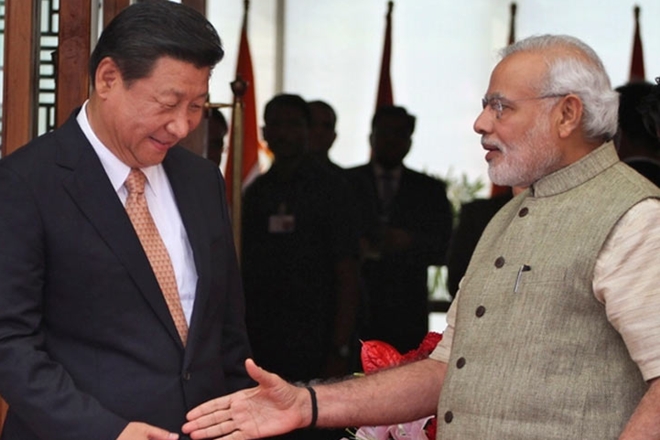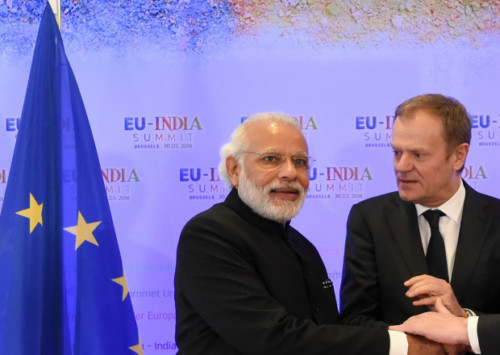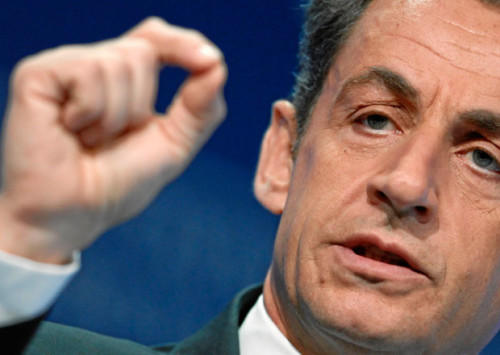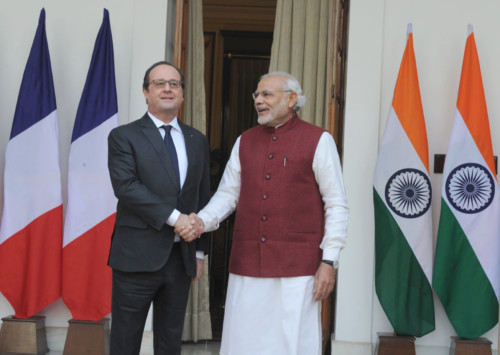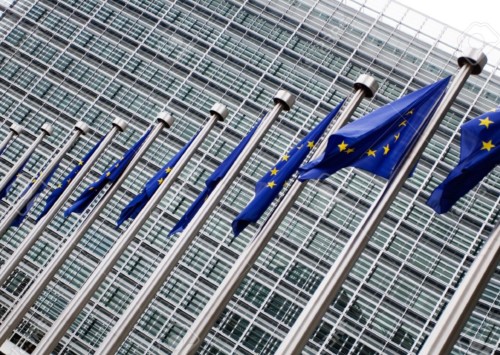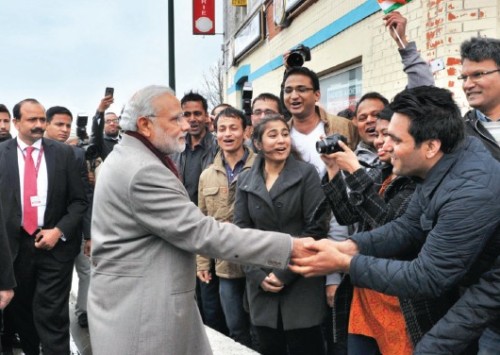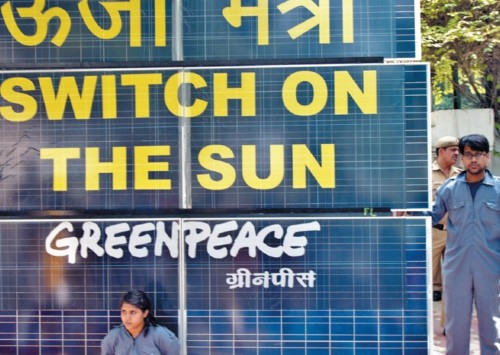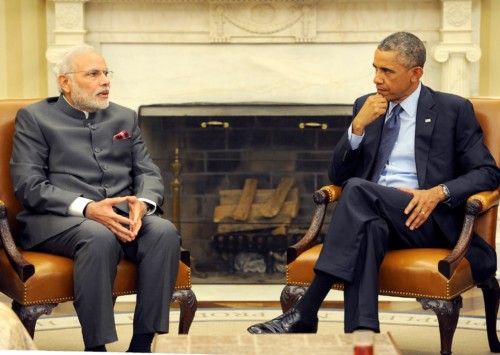The Nuclear Suppliers Group membership bid fiasco
Biz@India
India’s global ambitions, articulated by Prime Minister Narendra Modi on his innumerable foreign visits over the last two years, have suffered a serious setback following the debacle at the Nuclear Suppliers’ Group meeting in Seoul.
International diplomacy is best conducted behind closed doors and away from the spotlight. This very basic principle was perhaps forgotten by the mandarins of Indian external affairs ministry when they mounted a very open and extremely high profile campaign to secure India a special admission to the Nuclear Suppliers’ Group – a grouping of 48 nations, which incidentally was created in reaction to the nuclear test conducted by India in 1974, as a body to counter the spread of military applications of nuclear knowhow around the world.
The idea of India joining the NSG is hardly new and dates back to the historic Indo-US agreement on nuclear energy. It was in 2008 when this project surfaced, in order to make it easier for other nations, who are members of the NSG, to help India in building up its capacities in the field of nuclear power generation.
Discussions had been going on between India and its key partners in NSG, including the United States, France and Russia, to help in expediting the process and enable India to join at the earliest. But most of the discussions happened behind closed doors and away from media.
However, almost two months ago, the Indian government raised the profile of India’s attempts and launched a high-pitch campaign with India publicly seeking support of many NSG members, such as Mexico and Switzerland, during Modi’s visits to these nations, who verbally supported the initiative.
However, nearly three weeks before the meeting in Seoul, China, stated clearly that it was not in favour of making an exception for India, pointing at the procedural hurdles that lay in admitting a country that had not signed the nuclear non proliferation treaty (NPT), even though India, at least informally, meets all requirements of an NPT signatory.
The opposition by China was a clear sign for India to drop its case or at least move it away from the headlines. Yet, the Indian diplomats continued to press ahead, fairly openly, for India to be admitted as a member in the Seoul gathering and also organised a meeting for Modi with Chinese President Xi Jinping, at a reunion of the Shanghai Cooperation Organisation (SCO) held in Tashkent barely a week before the Seoul meet.
At this meeting, China reiterated its position, giving India the breathing space to quietly withdraw its membership or at least suspend it. But India went ahead, hoping that its new-found friend, the United States, would do the needful to arm twist China in getting India through. The Indian diplomats were perhaps also counting on the “special” relationship between Modi and the US President Barack Obama to swing the deal.
A Public setback
Finally, at the meeting, the NSG members decided not to waive the regulations to allow India to become a member. China, of course, had come true on its threat of opposing India’s candidature. But India was shocked to learn that its membership had not been opposed by China alone. Instead, nearly a dozen nations, including Switzerland, had put their feet down.
The snub meant that not only were the Indian diplomats left picking up the pieces of their NSG membership application, but this was also the first time in living memory when India had received a very public setback in a key international forum meeting. The setback called into question the efficiency and efficacy of Indian diplomacy, which clearly had underestimated the challenges facing Indian membership and it also called into question the real outcomes of the innumerable visits that Modi has made to various countries in the two years since he took charge.
The Chinese checkers
For most observers, China’s opposition to India’s membership was in fact a tacit support for Pakistan, another nuclear-armed nation which has not signed the NPT. However, the Chinese position may have to do with a lot more than simply helping its long-time ally, Pakistan.
China has been watching with alarm the way India has allied itself with the United States in a very open manner. Though the ties between India and the US had been improving steadily since 2005, the last two years have seen India realigning its foreign policy almost entirely with that of the US, as a number of agreements have been signed between the two nations.
The latest agreement related to both the sides allowing the forces of the other to use their bases, at least for logistics. While India is decades away from using any military base of the United States, India’s bases could come in handy for the US which is trying to keep a check on the Chinese forces in the latest hot spot in the region – the South China Sea, where China has constructed several controversial airstrips and ports, in an attempt to boost its claims over the entire South China Sea, in direct conflict with many nations in the region such as Vietnam, the Philippines etc.
Also, India has increased its naval cooperation with the United States and other nations, notably Vietnam and Japan, also upsetting China, which sees India as joining the effort to create a string of pearls around China, in an attempt to curb its military prowess.
Hence, the Chinese checkmate of India at the NSG meeting could also be due to the broader developments in Indian foreign policy which have seen the country lose some of its neutrality vis a vis the US and thus Chinese opposition is unlikely to melt away soon.

